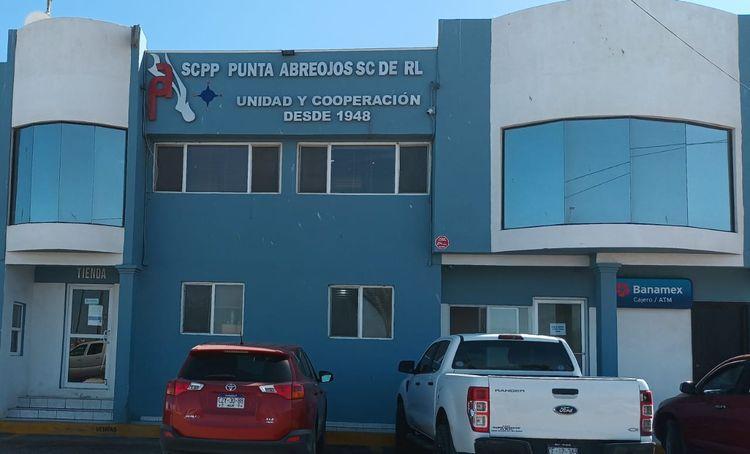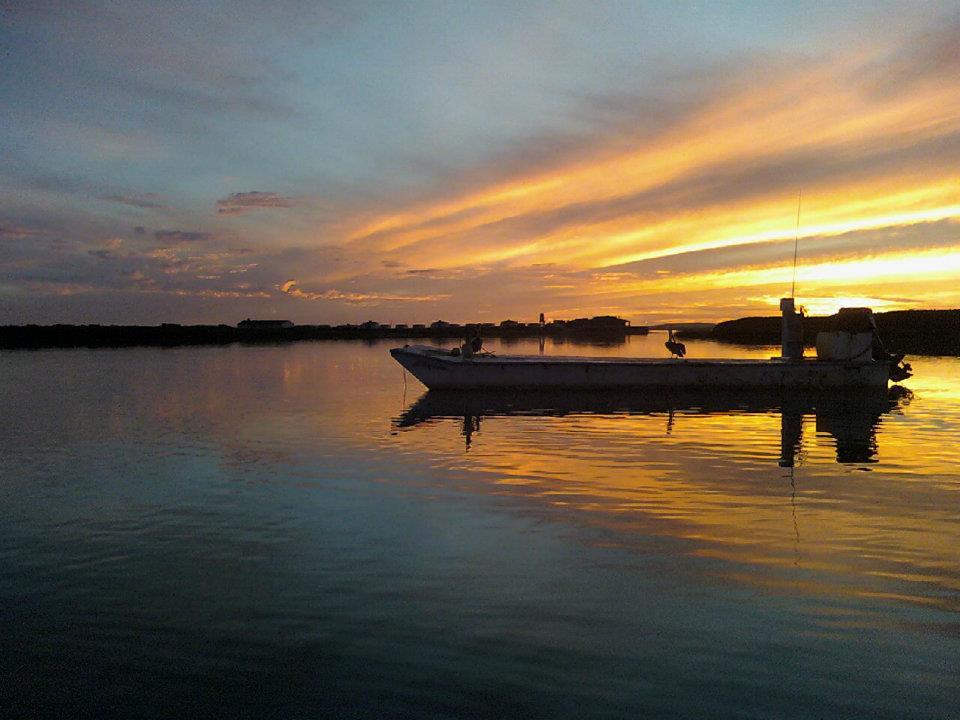Temporary failures in the arrival notification system of the National Aquaculture and Fisheries Commission (Conapesca) have hampered the operation of supply chains, reported the Punta Abrejos fishing cooperative in Baja California Sur.
Cooperatives are required to report catch volumes to the Fisheries and Aquaculture Information System (SiPesca) service.
And although the authority itself has emphasized that the portal is intended to be a virtual window, eliminating the “time and costs” that traditional procedures entail, intermittences of this service occur on average at least three times a month, said Hirvin Mayoral, head of distribution at the cooperative.
In times of flake fishing, the cooperative reports between 7 and 15 tons per day in the arrival notice, a document that is delivered to the competent authorities. But when the system fails the product is stopped.
“It happens that our product is up for the hour because it is for export, it arrives in Ensenada and from there to Los Angeles and then to the East. So if there is a gap from here, because they are scheduled flights, then logistics are affected. It affects a lot,” Mayoral said.

Photo: Hirvin Mayoral
Before the cooperative went on to comply with its arrival notices digitally 5 years ago, these were done physically. A paperwork that they have had to return to every time the virtual system crashes and that involves trips to Bahia de la Asunción, where the authority is located, from the community of Punta Abrejos.
“We are in the Punta Abrejos community, but the fishing officer is two hours away from us in another community. So two hours on the way and two on the way back are four that we already lost in not having authorized the notice, because they have to go get it and then bring it,” Mayoral explained.
This document must have the corresponding signatures of the Conapesca authorities and, according to article 75 of the General Fisheries Law, proves the legal origin of the catches.
On other occasions, it is the authority that communicates with the cooperative to advance a disabling of the system, which is corrected through a request for physical arrival notices in advance, Mayoral said.
The cooperative is known for its sustainable fishing efforts, especially barred bass, which is part of a fisheries improvement project (FIP), effective until 2024.
Asked if the system crashes in Siesca have resulted in economic losses for the cooperative, Mayoral said that not in terms of product, but they do represent uncertainty in the commitment they have with their customers.



Comentarios (0)